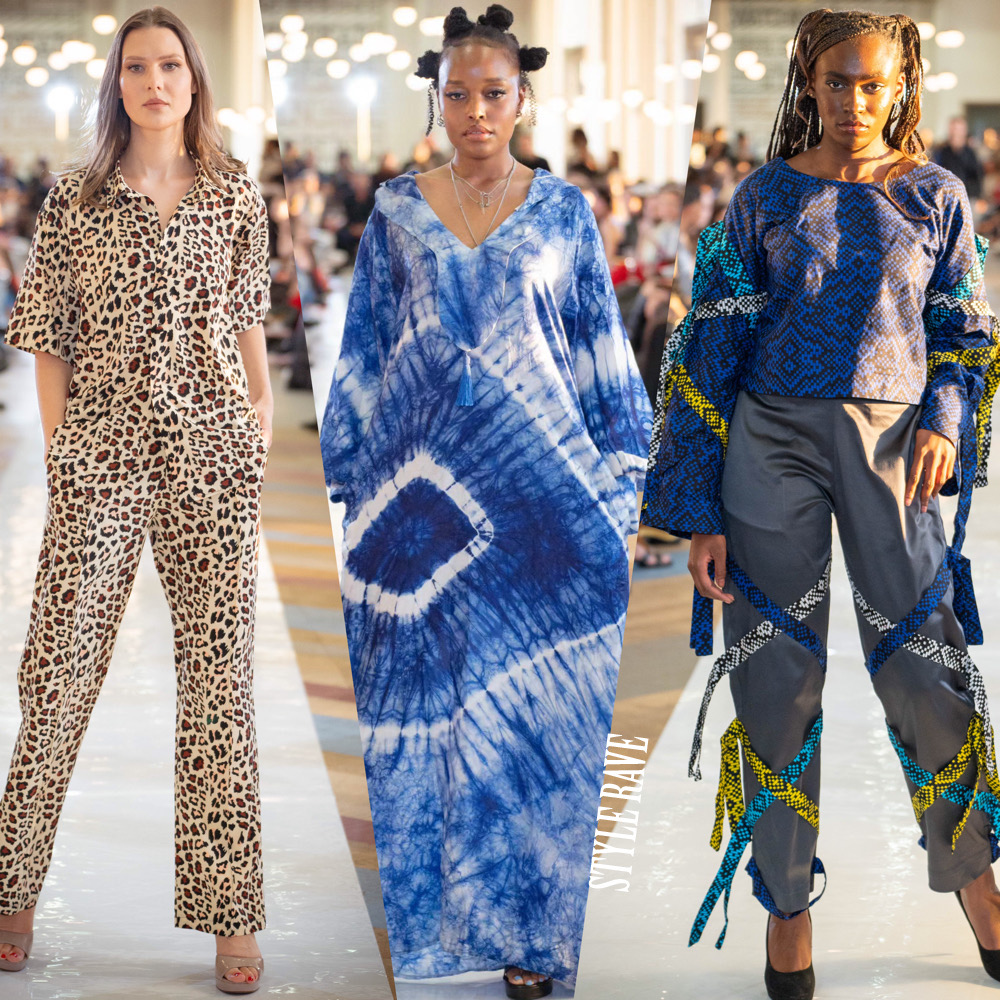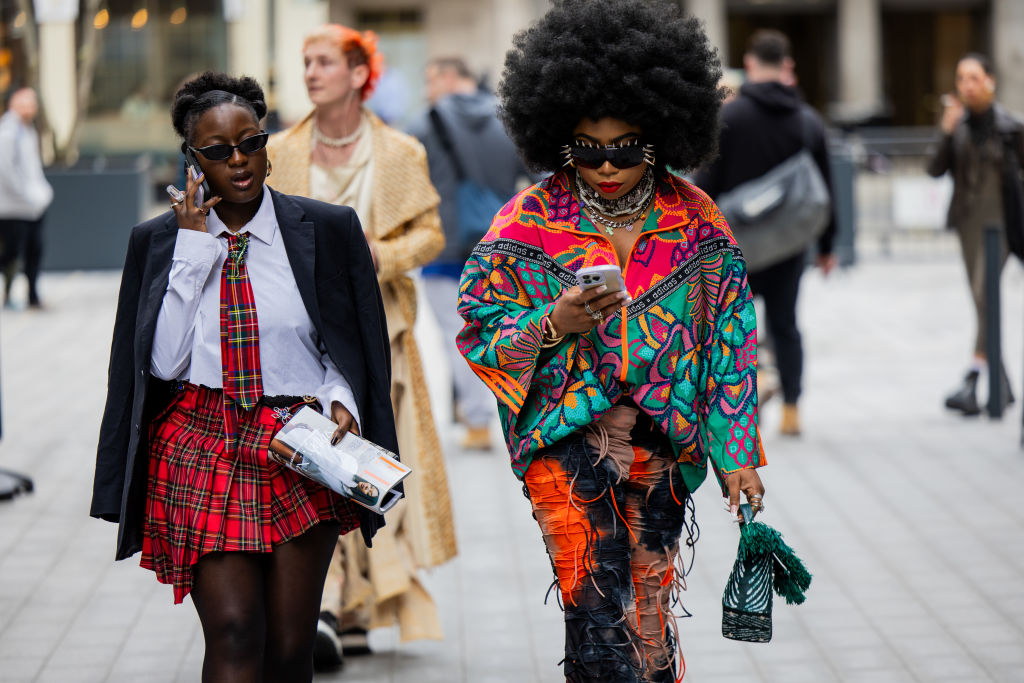London Fashion Week (LFW) has long been a platform for innovation, creativity, and diversity, and this year’s edition was no exception. This year, African designers brought a fresh perspective to LFW, combining traditional techniques with modern aesthetics. The collections reflected the continent’s cultural diversity, with influences from Nigeria’s intricate embroidery to South Africa’s bold prints and Kenya’s eco-conscious designs.
Highlights from the Runway

- The Power of Prints: Vibrant patterns were at the heart of many collections. Designers like Lisa Folawiyo and Imane Ayissi captivated audiences with their use of Ankara and Kente fabrics, reimagined in avant-garde silhouettes that bridged tradition and innovation.
- Sustainability Takes Center Stage: With sustainability becoming a key focus in fashion, African designers stood out for their eco-friendly practices. Brands like Studio 189, co-founded by Ghanaian-American designer Abrima Erwiah, showcased collections made from ethically sourced materials, emphasizing craftsmanship and environmental responsibility.
- Afrofuturism Meets High Fashion: Designers such as Thebe Magugu and Kenneth Ize explored the concept of Afrofuturism, blending futuristic elements with African motifs. Their collections featured metallic accents, bold shapes, and innovative textiles that symbolized a forward-thinking Africa.
- Accessories that Speak Volumes: African accessories stole the spotlight, with beaded jewelry, handcrafted bags, and statement headpieces adding depth to the runway presentations. These pieces not only highlighted African artisanship but also demonstrated how accessories can elevate any outfit.
The Global Impact of African Designers
African designers are no longer confined to regional recognition; they are shaping global fashion narratives. Their participation in events like London Fashion Week underscores the growing influence of African aesthetics on international runways. By blending their heritage with contemporary design, they appeal to a global audience while staying true to their roots.
Challenges and Triumphs
While the success of African designers at LFW is commendable, it hasn’t come without challenges. Issues such as underrepresentation, limited access to funding, and the need for global platforms to recognize African talent persist. However, the increasing visibility of African designers at events like LFW signals a shift in the industry’s perception and inclusivity.
The Road Ahead
The future looks promising for African designers. With growing support from global fashion platforms, partnerships with international brands, and a dedicated focus on sustainability, their influence is set to expand further. Initiatives like the African Fashion Foundation and collaborations with major fashion houses are paving the way for even greater opportunities.
Conclusion
This year’s London Fashion Week was a testament to the power of African fashion. By redefining global style, African designers not only celebrated their heritage but also challenged the industry to embrace diversity and innovation. As their influence continues to grow, the world can look forward to a fashion landscape enriched by the beauty and creativity of Africa


Leave a comment